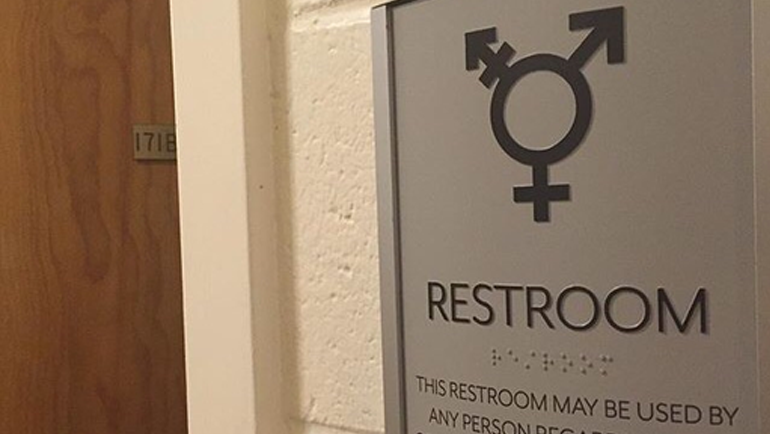Menu
Hot-Topics
July 10, 2025 | Supreme Court Upholds Tennessee Law Banning Transgender Care for Minors
Month: November 2016

U.S. Supreme Court to Consider Constitutionality of Sex Offender Bans from Social Media
The U.S. Supreme Court recently added another controversial case to its docket. In Packingham v. North Carolina, the justices will consider the constitutionality of a state law banning sex offenders from accessing certain social media sites. &nb...

Texas v White Holds Confederate States Never Left Union
In Texas v White, 74 U.S. 700 (1869), the U.S. Supreme Court held that Texas never legally left the Union during the Civil War because the U.S. Constitution did not allow states to unilaterally secede. Accordingly, the acts of the insurgent state gov...

Cooley v Board of Wardens: States Not excluded from Regulating Interstate Commerce
In Cooley v Board of Wardens, 53 U.S. 299 (1852), the U.S. Supreme Court held that the state may regulate interstate commerce under the Constitution’s Commerce Clause, provided that the subject of the regulation is local in nature. The F...

SCOTUS Begins November Sitting with Oral Arguments in Five Case
Last week, the U.S. Supreme Court returned to the bench for its November sitting. The justices heard oral arguments in five very diverse cases. The issues before the Court ranged from cheerleading uniform designs to government fraud. F...

Strader v. Graham Lays Foundation for Dred Scott Decision
In Strader v. Graham, 51 U.S. 82 (1851), the U.S. Supreme Court held that it had no jurisdiction to determine whether slaves whose master allowed them to occasionally travel from Kentucky into Ohio acquired a right to freedom. Nonetheless, the justic...

Supreme Court to Hear Transgender Bathroom Case
The U.S. Supreme Court has agreed to consider its first case involving transgender rights. Gloucester County School Board v. G.G. involves whether a transgender Virginia teen who was born a girl, but identifies as a boy, should be able to use the boy...
Previous Articles
Supreme Court Rejects Mexico’s Suit Against U.S. Gun Manufacturers
by DONALD SCARINCI on July 8, 2025
In Smith & Wesson Brands v. Estados Unidos Mexicanos, 605 U.S. ____ (2025), the U.S. Supreme Co...
SCOTUS Sides With Employee in Reverse Discrimination Case
by DONALD SCARINCI on July 2, 2025
In Ames v. Ohio Department of Youth Services, 605 U.S. ____ (2025), the U.S. Supreme Court held tha...
Supreme Court Rejects Moment of Threat Doctrine in Deadly Force Case
by DONALD SCARINCI on June 30, 2025
In Barnes v. Felix, 605 U.S. ____ (2025), the U.S. Supreme Court rejected the Fifth Circuit Court o...
The Amendments
-
Amendment1
- Establishment ClauseFree Exercise Clause
- Freedom of Speech
- Freedoms of Press
- Freedom of Assembly, and Petitition
-
Amendment2
- The Right to Bear Arms
-
Amendment4
- Unreasonable Searches and Seizures
-
Amendment5
- Due Process
- Eminent Domain
- Rights of Criminal Defendants
Preamble to the Bill of Rights
Congress of the United States begun and held at the City of New-York, on Wednesday the fourth of March, one thousand seven hundred and eighty nine.
THE Conventions of a number of the States, having at the time of their adopting the Constitution, expressed a desire, in order to prevent misconstruction or abuse of its powers, that further declaratory and restrictive clauses should be added: And as extending the ground of public confidence in the Government, will best ensure the beneficent ends of its institution.
Awards





